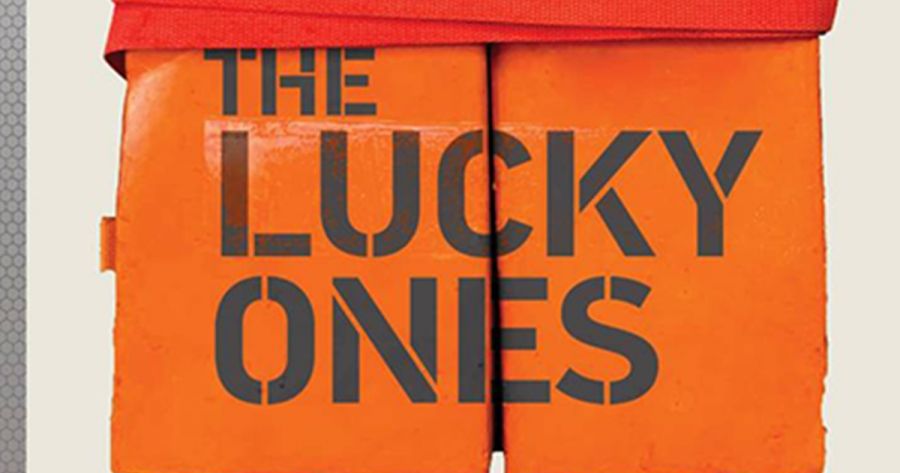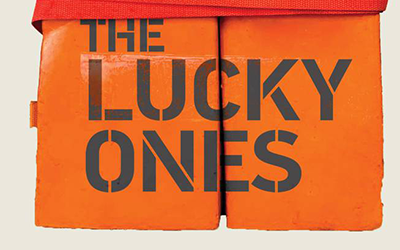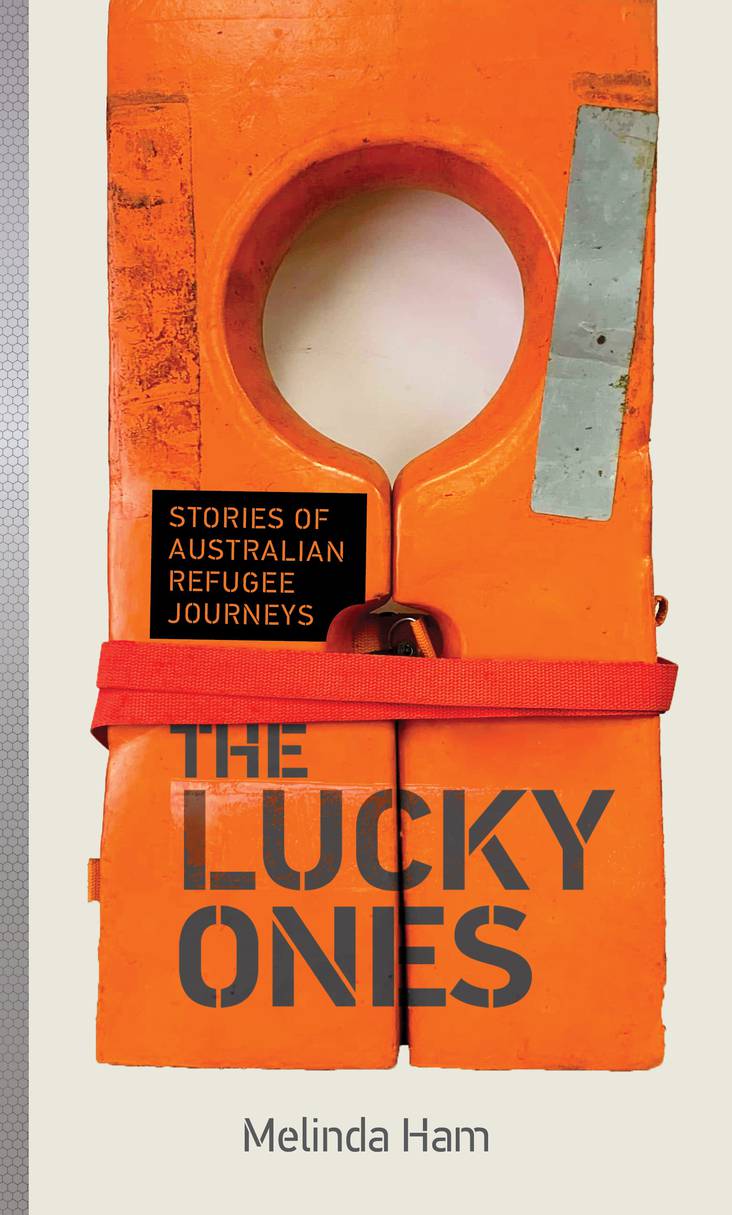
- Free Article: No
- Review Article: Yes
- Article Title: Stories unknown
- Article Subtitle: The Australian response to refugees
- Online Only: No
- Custom Highlight Text:
On the second page of this book are startling facts about Malawi. In the 1980s and 1990s, this country of around ten million people sheltered more than a million refugees, many of them having fled civil war in Mozambique. Malawians, already suffering the crippling effects of poverty and poor health, provided safe haven to waves of displaced and desperate people coming across their border. Perhaps this succour was not always offered happily, but what mattered is that it was offered. Melinda Ham’s placing of this example so early in her book is surely deliberate. With thoughts of Malawian tolerance and generosity echoing through the text, she forces the reader into making unsettling comparisons with recent Australian responses to refugees.
- Featured Image (400px * 250px):

- Alt Tag (Featured Image): Seumas Spark reviews ‘The Lucky Ones’ by Melinda Ham
- Book 1 Title: The Lucky Ones
- Book 1 Biblio: Affirm Press, $34.99 pb, 254 pp
- Book 1 Cover Small (400 x 600):

- Book 1 Cover (800 x 1200):

Those who oppose accepting large numbers of refugees into Australia often resort to talk of order and process. The idea that refugees might easily join an emigration queue and wait their turn is a persistent theme in political and public discourse. This book exposes that concept for the fiction it is. Most of the refugee stories told here involve common elements, one being the disorienting chaos that sudden changes in circumstance force on people. For instance, Ham writes about members of the Mandaean community of Iraq, who lived relatively stable lives under Saddam Hussein’s regime. After Allied forces invaded Iraq and Saddam was deposed, sectarian violence enveloped Iraq, and Mandaeans were attacked as infidels. Refugeedom often is conferred quickly and without warning, and it fosters desperation by robbing people of choice.
Ham follows the stories of refugees who have come to Australia at different times from different parts of the world. For example, readers are able to contrast and compare the stories of Maria and Wojciech, Poles who emigrated to Sydney in 1948, with that of Minh and Kasse, who were among thousands of ‘boat people’ who escaped Vietnam in the late 1970s and early 1980s. Other accounts are of refugees from Tibet, the Democratic Republic of the Congo, Afghanistan, and Iraq. This range across period and place is one of the book’s strengths. Another is the decision to follow the individual stories from their beginning until the present day, which allows for consideration of the difficulties that confront refugees in building a life in a new country. In this telling, reaching Australia is a pivotal moment, but no triumph: always there is sadness about family and friends left behind, and trepidation about the challenges that await. As Ham makes clear, the difficulties faced by refugees tend to endure far beyond their reaching a safe country. She and her informants are to be applauded for offering unvarnished accounts of the refugee’s lot rather than sanitised fodder about Australia as a generous land of milk and honey. Safe haven is a treasure, but never a panacea.
When telling a story don’t put yourself in its way, a wise historian once remarked. Ham follows this principle, for the most part. The substance and importance of this book is in the stories, and wisely she privileges the voices of her informants. The language is clear and unadorned, enhancing the power and emotion of the different accounts.
Perhaps the one misstep is Ham’s offering something of her own background and experiences. This she does for context and to highlight the vicious contrasts that stem from something as inherently unfair as chance. She recognises that her privilege owes much to the happy accidents of her Canadian birth and white heritage. These passages about her own background and experiences are interesting, and the aim understandable, but are they necessary? The refugee stories she tells are so full and encompassing, emotionally and intellectually, that further context seems almost gratuitous. Could any Australian, including those opposed to humanitarian immigration, read these accounts and fail to recognise their own good fortune?
Fortune is a key theme of The Lucky Ones. The refugees of whom Ham writes are among the ‘lucky ones’ to whom the title refers. They were doubly lucky, in that they found safe haven in Australia, having managed to reach the country at all. Whatever the extent of their bravery and endurance, most attest that their path to Australia also owed something to good fortune. The case of Jeff and Lulu, political refugees from the Democratic Republic of the Congo, offers an extraordinary example. Their Australian lives began when, at wit’s end, they told their story of persecution to a kindly stranger in Zambia. Unknown to them, their interlocutor was the Australian High Commissioner, who listened sympathetically and arranged help.
Ham achieves a deft balance between celebrating these stories and reiterating that most refugees, equally deserving of protection and new paths, know nothing of such good fortune. They remain in camps, shunned by governments, their stories unknown. Ham offers the analogy of a refugee lottery that produces a few winners and vast numbers of losers, the game manifestly and cruelly unfair. To this fundamental injustice we are party. Wealthy countries such as Australia have the capacity to do much more for people in peril, yet we choose otherwise. If this is selfish, it is also to ignore a duty, for the provision of safe haven to those in need is as much a moral expectation as an act of beneficence. The Malawian example, and many others before and since, show that.
Ham ends her book with an exhortation, urging her readers to help refugees. This exhortation is issued with the understanding that it is naïve to think that the Australian government will lead such efforts. If Australia is to adopt a fairer system of humanitarian migration, and remove the element of luck that bedevils refugee lives, concerned citizens will need to force that change.


Comments powered by CComment